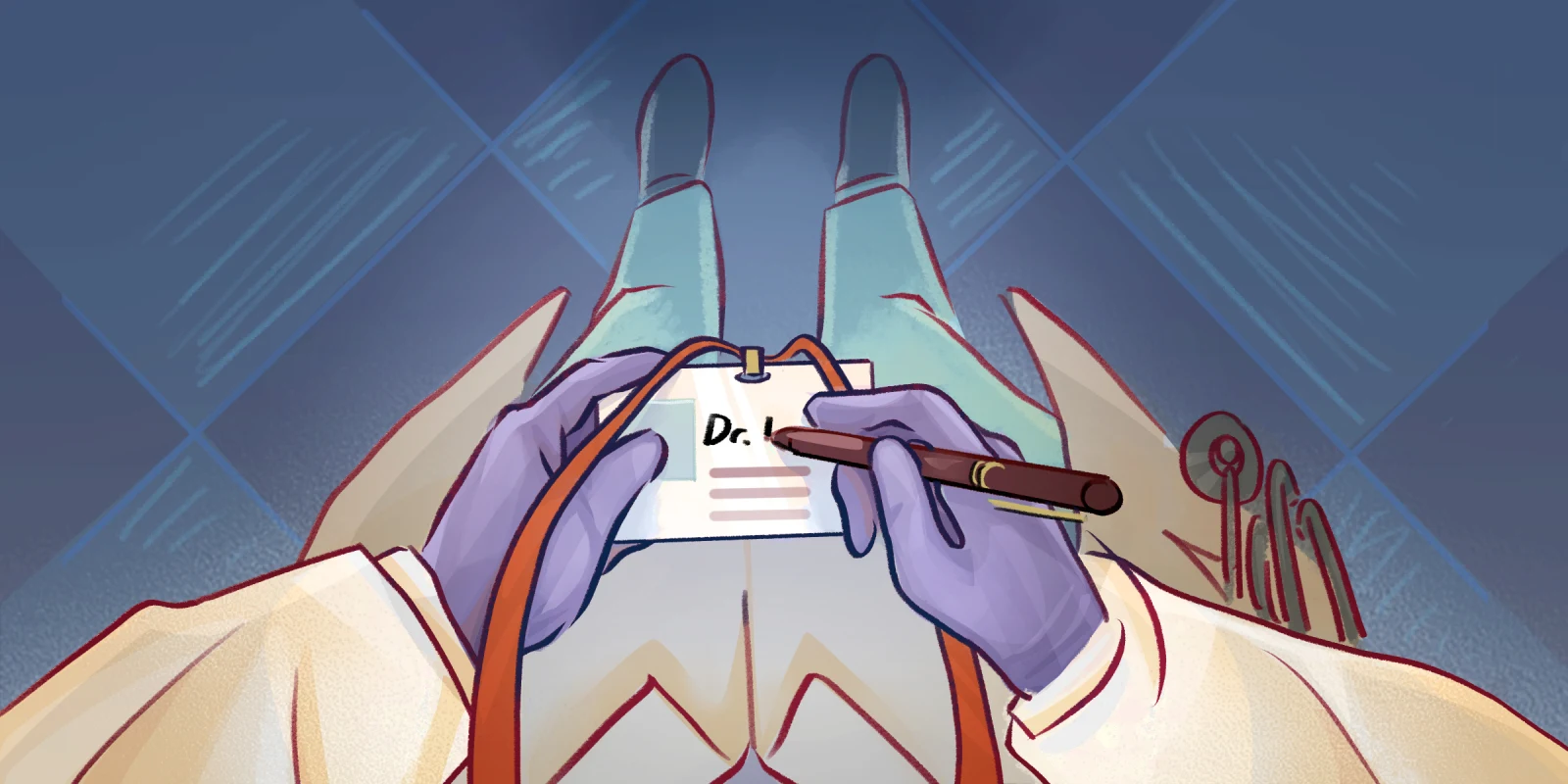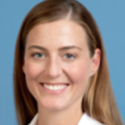As I listened to the clicking of my heels on the clinic’s parking lot pavement, I briefly closed my eyes. I kept walking and thought, “Just keep moving forward. Make it to work.” The amount of things that needed to be done were overwhelming and in order to survive, there had to be a certain amount of submission — autopilot. This was necessary in being a woman, a young doctor, a new mother, and a wife. Otherwise, I would collapse under the weight of it all.
My identity went into rapid fire change from the ages of 29 to 32. Within the span of just one week, I went from an unmarried medical student to a wife and a doctor. Then, in less than three years, I also became a mother. Of course my family supported these processes, and I made the most amazing friends who also supported me through shared experiences, but there was no actual structural or formal support as I went through these life-altering changes.
I had never struggled with depression or anxiety until starting residency. I was filled with such excitement and hope when I started that it shocked me toward the end of my intern year just how miserable I had become. One evening, I casually mentioned to my husband on the phone that I was going to go for a run. He said “But it’s too dark for a run, isn’t it?” My thought process was obvious to me: If I went for a run and was injured (or worse), I wouldn't have to go to work tomorrow. I didn’t take that risk, and I made light of it later, but in my gut I knew it represented how truly desperate I had become. I didn’t request time off; I didn’t ask for help. My training up to this point had been a step-by-step instruction on what to do next. There was no structure, or instruction, on how to get the help I so desperately needed.
I then had a baby during my senior year of residency, while my husband was an intern in the same program. When my baby was about 1, I remember laying in bed sobbing, having called in sick and not able to lift her because I had thrown out my back. I had finally collapsed. I knew in that moment I would not be able to do it alone. I knew I needed professional help coping with these new identities, identities that were at odds with each other. I ultimately found an amazing therapist who let me surrender to my emotions and process my experiences. This included identifying that I had postpartum depression. I found it hard to believe since I had so much to be grateful for, but in retrospect I had multiple risk factors for developing postpartum depression. My main risk factor was lack of support.
Support for doctors, and other medical professionals, should start much earlier in their careers, and not just for those currently burning out or struggling. We need to take the opportunity early in physicians’ training to inform and educate young doctors, not just in clinical skills, but in the psychiatric adjustment to their new identities. We need to offer support in more meaningful ways that will hopefully reduce the silent suffering that can occur during residency and early professional years.
There should be professionals, such as therapists and coaches, ready to help new doctors manage the pressure, process their experiences, and cope with their changing identities. This is a time when many physicians are also becoming parents, adding to their stress, lack of sleep, and need for more support. Some may be coping with grief related to pregnancy loss as well. There should be a safe space to address the questions and feelings that may arise within a resident such as “What have I done?”, “I don’t want to do this anymore,” or “I am depressed, but don’t know where to start to get help.” Such foundational support, in my opinion, would be life-changing and would make an impact on the end result and could possibly prevent depression, burnout, compassion fatigue, and suicide.
Just the awareness that I am not alone and the recognition that the demands of being a physician and mother are sometimes untenable helps me begin to heal. I am also healing by being there to help my patients in their struggles, drawing on my own experiences to connect with them on a deeper level. I understand the powerful impact of simply giving patients a safe and supportive space to explore their feelings. I can see when someone is detached, depressed, and on autopilot; I try to give them the advice I wish someone had given me all those years ago: You don’t have to do it alone. You can stop and get the help you need, even if it feels impossible, even if you feel like you don’t have the time. The first step is therapy. It can be life-changing to simply start talking about your feelings, what your fears are, what your dreams are. Friends and family are wonderful, and as medical professionals we are lucky to be surrounded by people who can listen and give great advice, but it is imperative to get professional help when it comes to our own mental health.
I have spent years processing my experiences and my evolving identities. Rediscovering myself through this process has been challenging and I continue to learn. Through this reflection and sharing what I’ve learned, I can contribute to normalizing discussions about physician mental health and understand how sharing these experiences can help others. Being in survival mode, on autopilot, is necessary at times, but it’s not sustainable. And it is through bolstering support, even just by sharing our stories, that I feel we can all move from a position of just trying to survive, to a place where we can thrive.
What's your story? Share your changing identities experience in the comments.
Dr. Amanda Scott is board certified in internal medicine and practices primary care in Santa Barbara, CA. She currently enjoys teaching as an Assistant Clinical Professor at The David Geffen School of Medicine at UCLA, but soon will be starting her own lifestyle medicine clinic in Santa Barbara. When not working, she loves to run, garden, and try cooking new recipes.
Illustration by April Brust






